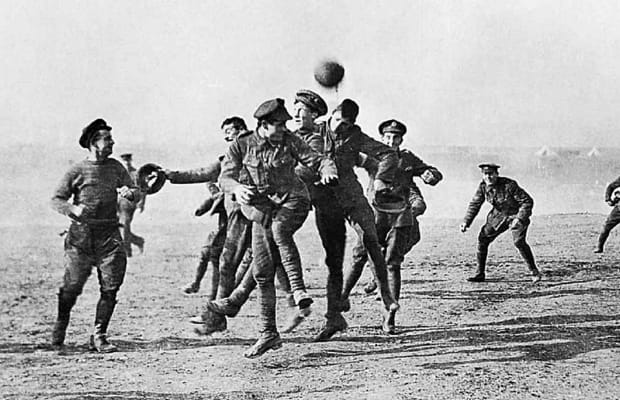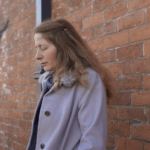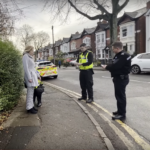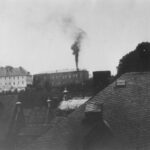Blog Post
Silent Night: The Christmas Truce of 1914
By Jonathon Van Maren
On Christmas Eve of 1818, in the little Austrian town of Oberndorf bei Salzburg, a 31-year-old church organist sat down with a Catholic priest to compose the music to a poem the priest had written. The next day, Franz Gruber and Fr. Joseph Mohr sang Stille Nacht for the first time at Christmas Mass in St. Nicholas Church, with the choir repeating the last two lines of each verse. The two men did not know it, but they had created what would become the world’s best known Christmas carol, a song that would be declared an “intangible cultural heritage” by UNESCO, a seasonal ballad so ubiquitous that even those who scorn its message would recognize it instantly in the original German: “Stille Nacht, heilige Nacht …”
Ninety-six years later, hundreds of thousands of freezing men huddled in trenches in Northern France, coming to the realization that the war they had embarked on so enthusiastically would not be over by Christmas as many of them had believed. Despite sporadic fire and the first of what would become four awful years of bloody fighting, all was quiet along vast stretches of the Western Front on the Christmas Eve of 1914.
British soldiers and their German counterparts, bored of battle, had already set up several short, informal truces to collect the dead and swap cigarettes. The stunning slaughters of later years had not yet begun in earnest, and the war seemed somehow stalled for many homesick soldiers.
The leaders of doomed and embattled empires had also begun to realize what their soldiers might face, and it was decided that they should have a splendid Christmas in the icy trenches to lift their spirits. King George V sent a card to every soldier; 460,000 parcels were sent out and 2.5 million letters were delivered. General Douglas Haig—who two years later would earn the nickname ‘the Butcher of the Somme’ for losing nearly half a million men in the bloody mud—wrote in his diary: “Tomorrow being Xmas day, I ordered no reliefs to be carried out, and troops to be given as easy time as possible.” On the other side of No Man’s Land, the Germans were given gift boxes, tabletop Christmas trees, and wreaths to add festivity to their frozen barracks. Crown Prince Wilhelm even visited the front.
It was on that Christmas Eve, on the brink of a great world war, that German officer Walter Kirchhoff, a tenor with the Berlin Opera, began to sing: “Stille Nacht, heilige Nacht …”
He sang it first in German, and then in English: “Silent Night, Holy Night …” His voice carried in the crisp, clear night. Soon, as Stanley Weintraub, author of Silent Night: The Story of the World War I Christmas Truce, put it: “The shooting had stopped and in that silence he sang, and the British knew the song and sang back.” The moment crystallized the collective Christian faith of the men singing in different languages across the frozen mud, their breath puffing white into the cold air. Soldiers with guns pointed at each other, who had tried to kill each other, joined each other in song.
READ THE REST OF THIS COLUMN AT THE EUROPEAN CONSERVATIVE








